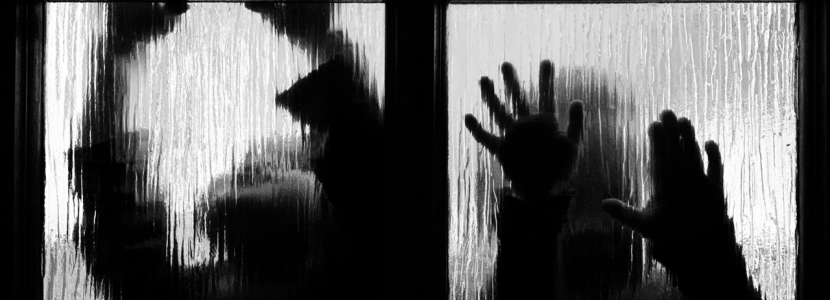
On Monday it was revealed that vulnerable children living in Solihull have to wait far too long for help. A probe of Solihull Council uncovered a ‘significant’ number of children who remain in ‘unknown risk’ due to assessment delays. It’s where six-year-old Arthur Labinjo-Hughes was tortured and killed in June 2020.
A week ago, a report revealed that Bradford Council was struggling to recruit and retain social workers. 124 vacancies are being filled by 173 agency staff. It’s where 16-month-old Star Hobson was murdered in 2020. That meant the Council was stripped of control of its children’s services department.
On the south coast, vulnerable children in Bournemouth, Christchurch and Poole are being put at risk of harm by failing social services, with Ofsted last week rating the care as ‘inadequate’. The watchdog said “the fundamental building blocks required for children to get the right help at the right time were missing, almost in entirety”.
The same is true in Buckinghamshire. They were deemed inadequate in 2014 but the latest Ofsted review said improvements had been impeded by “acute and persistent” problems with recruitment and retention of social workers and managers, and poor social work practice. As a result, the help some children received was “fragmented and episodic” because they did not see the same social worker.
These are just a few of the well-publicised cases in the last fortnight. If you take the time to search, there are far too many examples of failures in children’s services up and down the country – yet it’s still relatively hidden, far too easily lost in the unrelenting noise of the news.
On 1st February, the Independent Inquiry into Child Sexual Abuse (IICSA) released a damning report exposing that police and Local Authorities are failing to properly identify and investigate child grooming gangs. They were looking at abuse in St Helens, Tower Hamlets, Swansea, Durham, Bristol, and Warwickshire, and found “extensive failures” in how Local Authorities tackled child exploitation, with police often unable to provide evidence on the extent of the problem. The inquiry said that the ‘child victims were often blamed by authorities’ – in just one example a charity revealed that child protection professionals were still describing abused children as “promiscuous” and “putting themselves at risk”.
Professor Alexis Jay, who led the investigation into child abuse in Rotherham, has said that child abuse and systemic neglect had become “even more of a hidden problem and increasingly underestimated” – she’s right, and it’s partly our fault.
These cases are all utterly heart-breaking, and the last thing that any of us want to contemplate happening in our communities, yet it’s clear that no part of the country is immune from the unimaginable terror of child abuse.
When heading into the office, do you really want to listen to stories of exploitation and neglect on the radio? Do you switch the station or just mentally tune it out? When reading the paper, do you scan past reports of child cruelty and torture? It’s understandable that you’d want to, I’m as guilty as the next man, but if we are to have any hope of helping these children then we must all redouble our efforts to accept how serious and widespread these tragedies are.
Only by adequately and comprehensively shining a light on institutional failures do we stand a chance of reforming the system and eradicating these horrors once and for all – that’s where Nadhim Zahawi comes in.
There is a Government review into the whole system currently under way, and based on previous statements it’s clear that our Education Secretary has the bit firmly between his teeth. It’s due to be published this Spring, and as well as tackling recruitment and retention, I hope it celebrates those Local Authorities and incredible social workers that have managed to turn things around. Cornwall, Lincolnshire, Barnet and others have all proven that poor children’s services can be revived. Every team that improves means more children being protected that previously may not have been. That’s worth unending enthusiastic praise.
With the Government working with authorities to improve national systems, and with all of us paying more attention and asking the right questions locally, we can collectively turn this around. It can be all too easy to leave the politics to the politicians, but if communities organise and rally to tackle injustices such as these then we can bolster top-down reforms with bottom-up scrutiny. We need that on this topic more than ever.
The IICSA report said that in some cases Local Authorities might be potentially downplaying the scale of abuse over concerns about the negative publicity, that they “don’t want to be labelled another Rochdale or Rotherham” – we cannot allow that to happen anywhere.
So read about it. Get angry about it. Discuss it with your friends and family. Demand that your local services get better, and do everything you can to push our Local Authorities and law enforcement to do more and do much much better.
Do that, and together we can start the painfully slow process of improving the lives of vulnerable children.
This article originally appeared on ConservativeHome on 24th February 2022.
Photo by Oleksandr Koval on Unsplash


